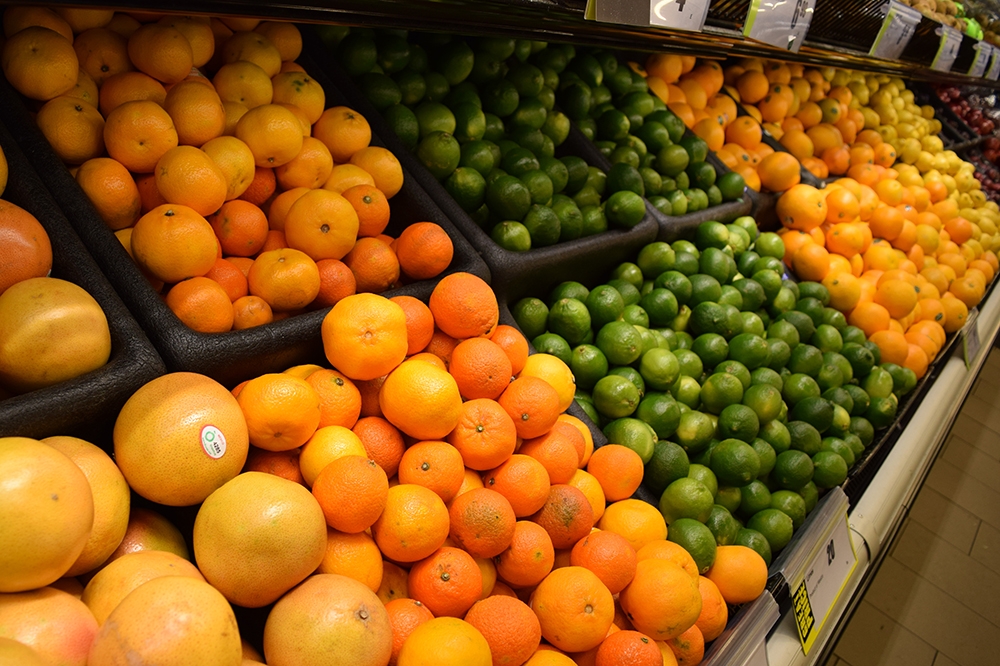Jodie Vanderslot | Staff Writer
Featured image: Students who live on campus and commuters alike struggle to find cheap and healthy food options on campus. | Fatema Ali
University campuses frequently face the problem of providing food that is both afforadble and healthy. While some places on campus are embracing better-quality food, the consequence of this is an increase in prices, leaving students with little disposable income, thus they resort to cheaper and unhealthier options.
We shouldn’t have to make the decision about whether or not to buy books or groceries, or to pay rent or buy fresh food. It shouldn’t come down to putting our education and cost of living ahead of our physical and mental health. Our wallets are shallow, and students are urging for more affordable and available food options on campus.
“Being a resident at York, I must say that I am confused by the limitations on food. The university hosts 53,000 students yet fails to offer enough food options for us,” says Yarden Arava, first-year finance and business economics student.
“Nothing is open when I come to campus on the weekends, and if they are open, it’s only for a few hours in the morning. What do people who live on campus do for food?” asks Sara Qarizada, third-year design student. “There’s also limited halal options. They’re getting better at introducing them but there are still only a few choices.”
Access to affordable and quality food is a daily challenge for many individuals who are trying to balance it all, which reflects why the number of students who rely on York’s on-campus food bank continues to grow every year. The YFS food bank works towards establishing accessible food for students on campus, which is a demographic that is continuously and rapidly expanding. Last year, 850 members signed up, an increase by 100 from the previous year, says Chenthoori Malankov, president of the YFS. “The food bank records between 700 and 850 individual visits every month, and during the 2015-2016 school year, an annual total of over 8,000 individual visits were recorded.”
“During the peak periods in September, October, January and April, four times as many members access the food bank,” adds Malankov.
It is evident that York lacks the consistency throughout the week or offering services during exam time that are tailored to students’ needs. While the library is open 24 hours Monday through Thursday close to exam seasons, there is nowhere to get food or drinks other than the vending machines, limiting students’ options.
Food is an opportunity for a university to define its culture, and for the most part, York does this very well. There are a number of different cuisines available at York Lanes, in addition to the many places throughout campus.
While additions such as Shoppers Drug Market are beneficial to students living on campus and in need of basic essentials, it is not enough. Shoppers Drug Mart is not a grocery store, and its lack of produce and high prices are a reflection of that. As students, our lives are hectic and busy; the last thing that someone wants is their stomach grumbling and gurgling as they study in the library, with little to no change left on their YU Card.




